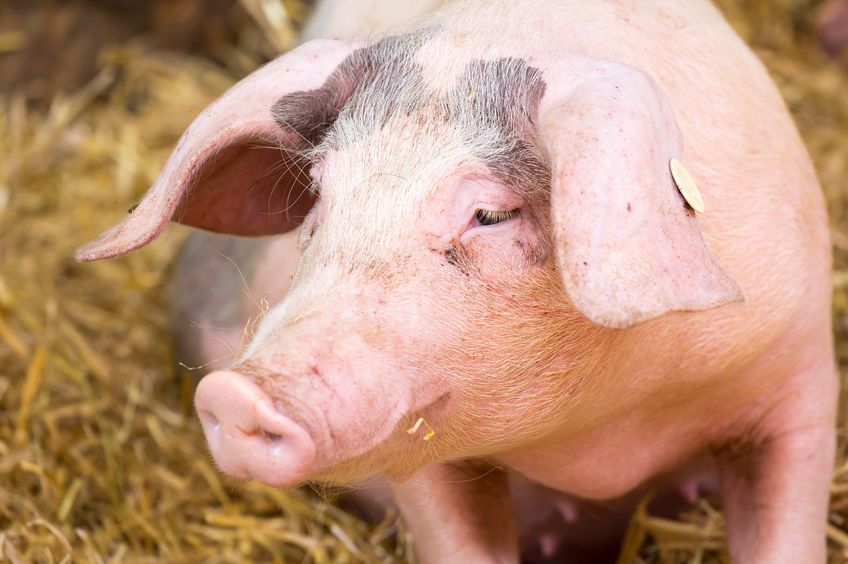
Researchers have revealed a significant reduction in British pig farms' carbon footprint, a fall of almost 40 percent over the last 20 years.
Indoor and outdoor-bred pigs saw reductions of 37% and 35.4% for global warming potential, commonly known as carbon footprint.
The researchers, from the Institute for Global Food Security (IGFS) at Queen’s University Belfast, drew their conclusions from historic data on livestock systems across England, Scotland and Wales.
The role of animal feed was found to be central to the environmental impact of pig farms – accounting for between 75-80% of carbon footprint.
Changes to feed ingredients, therefore, had the potential to significantly alter the carbon rating of pig farms and the industry as a whole.
Specifically, the increasing trend of replacing soya imported from South America - which has a high footprint - with UK crops such as rapeseed and sunflower meal to feed pigs was found to have a major mitigating effect on environmental outputs.
Advances in animal nutrition and feedstuff availability were also found to have had a beneficial effect, particularly the increased availability of synthetic amino acids and enzymes, the price of which decreased over the time period in question.
When added to domestic feedstuffs like rapeseed, these supplementary ingredients increased nutrient availability and improved feed balance, which was found to have reduced nutrient excretion in manure whilst boosting animal productivity by as much as 30%.
The study also found that such supplements in animal feed helped lower levels of phosphorous in run-off from pig manure by more than 20%, reducing the contribution of pig systems to freshwater pollution.
Changes in animal performance due to breeding for leaner and faster growing pigs, increases in number of piglets born per sow per litter and reductions in overall mortality were also found to have contributed significantly to a reduced environmental impact.
For example, advances in breeding leaner and faster-growing pigs alone was found to lower carbon footprint by 20%.
The study was led by Prof Ilias Kyriazakis from IGFS in collaboration with other UK institutions, interrogating publicly available AHDB data from Great Britain from 2000-2020.
“The reason this research is so significant is that it shows an area of livestock farming where carbon footprint has been reducing over the past 20 years, almost ‘under the radar’," he said.
“We hear a lot these days about the need for farmers to reduce their carbon outputs for the sake of the environment, especially as it applies to beef and dairy cattle farming.
"There is much more attention focussed on ruminant food systems as they produce higher GHG emissions."
Kyriazakis said he believed there were important lessons to be learned from this study, not only for pig farming, but potentially for all livestock systems.
"Some of the improvements identified in this study could potentially be applied to other animal systems, which would ultimately help move our collective agriculture systems towards a carbon-neutral model.”
The research has been published in the Agricultural Systems journal following peer review.
